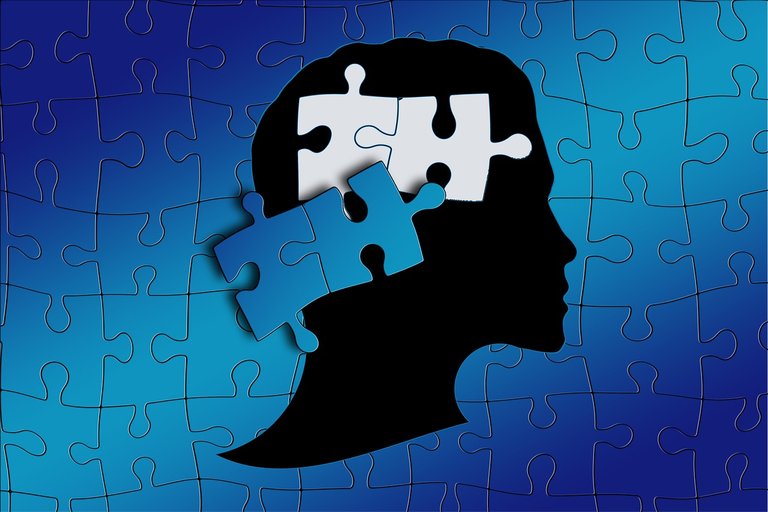
What a long way psychology has come these past decades! We talk about his successes today, but for a long time it was not so obvious to most people. It is only since the 1960s and 70s that psychology has truly become a part of our daily life, which integrated itself into our ways of thinking. Previously, it was rather an object of indifference or distrust and we were wondering if it really worked?
I remember, for example, when I started my medical studies, psychiatrists were considered as doctors not like the others. They were not quite doctors, compared to surgeons or cardiologists, who were real doctors with white coats and medical utensils.
I remember that back then there were still pre-psychological humans, just as there had been pre-historic humans. People were not interested in thinking about them, understanding their emotions, their motivations, their mental meanders, and even less in understanding what was going on in the minds of others. These pre-psychological humans did not want to do psychology in any way.
Today, water has flowed under bridges,prepsychological humans are disappearing, and we celebrate the marriage of science and psychology.
With pleasing signs, it is a pleasure to see neuroimaging studies confirming that psychotherapies improve brain function dynamics. It is also a pleasure to see that meditation favourably modifies our biology.

But there are also worrying signs because today's widespread use of neuromarketing seeks to influence our purchasing behaviour or political votes. However, through the recording of our psychological and behavioural traits, it is certainly a form of recognition of the effectiveness of psychology and also a huge threat to our freedoms.
That is why it is so important that today's citizens have a basic psychological culture, not only to live better, but also to defend themselves better against all these forms of commercial and political manipulation.

It has become as important today to know how our brain works, as it was yesterday to know how to recognize mushrooms, plants and animal species. This ancient knowledge is less necessary to us today, since we no longer seek our food ourselves. But psychological knowledge has become fundamental in societies where we are led to meet a very large number of people very different from us so as to establish long and complex relationships with them and also to make a place for ourselves in a world that keeps changing and evolving. Without psychology, it would be very difficult!
Does psychology really work? - What kind of question is that? Does biology "work?" Does history work? It's a study of the mind, I thought that whether it works depends on whether we're learning something new about the human mind, not on how many people "live better" thanks to it.
Of course that based on psychology research, we can develop tools for life improvement, but a true study science should not be conducted with a goal or expected result in mind.